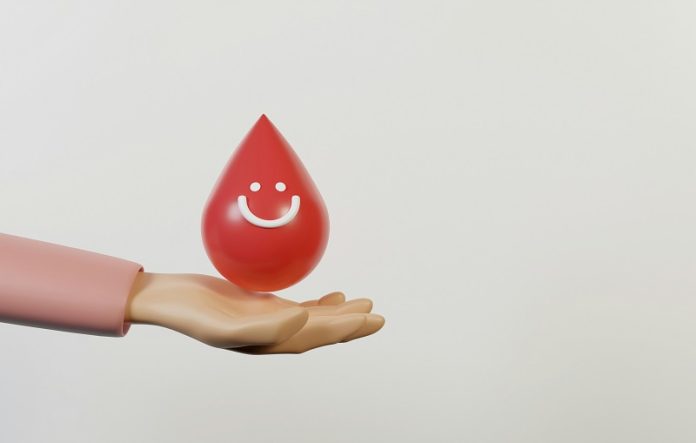
High blood pressure, also called hypertension, is a common health problem that can lead to serious issues like heart attacks and strokes. While medicine can help control blood pressure, what you eat is just as important. Some foods can make high blood pressure worse, so knowing what to avoid can help you stay healthy.
One of the biggest problems is salt, or more exactly, sodium. Our bodies need a little sodium to work properly, but too much causes the body to hold on to water. This extra fluid raises blood pressure. Most of the sodium we eat comes from processed and packaged foods like canned soups, frozen meals, and even bread.
These foods use sodium to taste better and last longer. Cutting down on sodium can really help lower blood pressure. Experts suggest adults should have no more than 1,500 milligrams of sodium each day, but many people eat much more without realizing it.
Unhealthy fats are another concern. Foods with a lot of saturated and trans fats—like fried foods, pastries, and fatty meats—can cause a buildup in the arteries. This makes it harder for blood to flow, forcing the heart to pump harder and raising blood pressure.
Studies show that diets high in these fats increase the risk of high blood pressure and heart disease. A better choice is to eat healthy fats found in nuts, avocados, and olive oil.
Sugar is also something to watch. While it’s known to cause weight gain and diabetes, too much sugar can also raise blood pressure. Sugary drinks like soda are especially harmful. They add a lot of sugar quickly and lead to weight gain, which is a big risk for hypertension.
Even without gaining weight, high sugar intake—especially from fructose—can make the kidneys keep more sodium, which raises blood pressure even more. Cutting back on sugar, especially in drinks and sweets, can really help.
Alcohol can affect blood pressure too. Drinking too much can raise it over time and may even cancel out the effects of blood pressure medicine. Experts say women should have no more than one drink a day, and men no more than two. Drinking more than that can cause blood pressure to spike and stay high.
Processed meats and red meats are also foods to limit. Bacon, sausages, and other processed meats are high in sodium and fat. Some also contain chemicals called nitrates, which may damage blood vessels and raise blood pressure. Choosing lean meats and eating less red meat is a healthier option.
Finally, caffeine might be a problem for some people. While it doesn’t affect everyone the same way, it can cause a short-term jump in blood pressure in people who are sensitive to it. If you have high blood pressure, it’s a good idea to see how caffeine affects you and cut back if needed.
In short, managing high blood pressure means paying attention to both what you eat and what you avoid. Cutting down on salt, bad fats, sugar, alcohol, processed meats, and caffeine can help you control your blood pressure and lower your risk of serious health problems. Small changes in your diet can lead to big improvements in your health.
If you care about high blood pressure, please read studies that early time-restricted eating could help improve blood pressure, and natural coconut sugar could help reduce blood pressure and artery stiffness.
For more health information, please see recent studies about added sugar in your diet linked to higher blood pressure, and results showing vitamin D could improve blood pressure in people with diabetes.
Copyright © 2025 Knowridge Science Report. All rights reserved.



